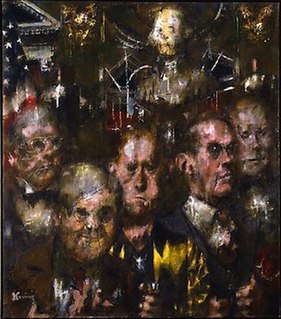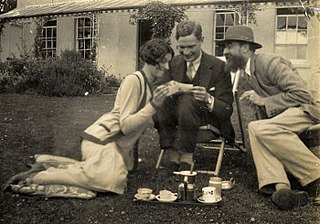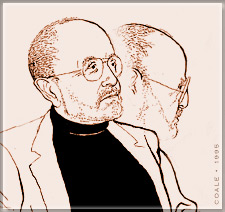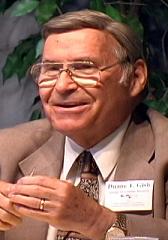A Quote by William Wordsworth
Poetry is the spontaneous overflow of powerful feelings: it takes its origin from emotion recollected in tranquility.
Quote Topics
Related Quotes
I have said that poetry is the spontaneous overflow of powerful feelings: it takes its origin from emotion recollected in tranquillity: the emotion is contemplated till, by a species of reaction, the tranquillity gradually disappears, and an emotion, kindred to that which was before the subject of contemplation, is gradually produced, and does itself actually exist in the mind.
A writer works from the material she has, but it comes from the unconscious. Everything is stored up and one never knows what comes up to the surface at a given moment. A period of gestation is certainly needed, what Wordsworth called ‘emotion recollected in tranquility.’ You cannot write about an experience when you are living it, suffering it. You are too busy surviving to look at it objectively. At least I can’t.
We must believe that "emotion recollected in tranquillity" is an inexact formula. For it is neither emotion, nor recollection, nor without distortion of meaning, tranquillity. It is a concentration, and a new thing resulting from the concentration of a very great number of experiences which to the practical and active person would not seem to be experiences at all; it is a concentration which does not happen consciously or of deliberation. These experiences are not "recollected" and they finally unite in an atmosphere which is "tranquil" only in that it is a passive attending upon the event.
I distrust summaries, any kind of gliding through time, any too great a claim that one is in control of what one recounts; I think someone who claims to understand but is obviously calk, someone who claims to write with emotion recollected in tranquility, is a fool and a liar. To understand is to tremble. To recollect is to re-enter and be riven. ... I admire the authority of being on one's knees in front of the event.
Of all the statements that have been made with respect to theories on the origin of life, the statement that the Second Law of Thermodynamics poses no problem for an evolutionary origin of life is the most absurd… The operation of natural processes on which the Second Law of Thermodynamics is based is alone sufficient, therefore, to preclude the spontaneous evolutionary origin of the immense biological order required for the origin of life.



































